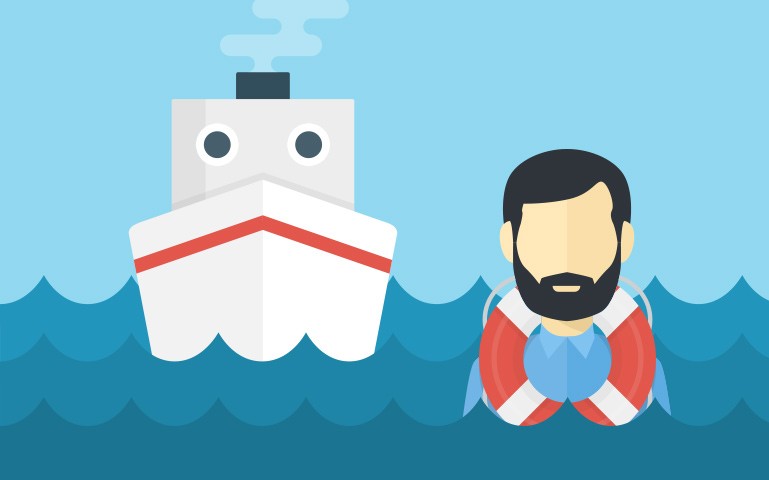I wrote a whole longer post about this topic a few days ago, and then it deleted on me, which is always frustrating. This will probably be a little bit shorter of a version, so I apologize in advance. Let’s set up some framework first.
No, I am not talking just about “onboarding”
Onboarding is really important, and many companies do it badly or don’t even think about it at all. But onboarding, in the most conventional use of the word, is a reference to a new hire’s first days/weeks. New hires are important to get right, for sure, but it’s only a fraction of the whole ecosystem we’re talking about.
People move between roles and departments more now, and even if they don’t officially do it in terms of salary or reporting structure, many of us have to work cross-functionally, even if we don’t always want to collaborate with some silo we think smells.
When you need to work outside your main area, which is increasingly common, there’s a whole host of contexts around “grafting” someone onto your team. Think of it like this: we speak often in business of “new product features,” logically. We almost never speak of “new people features,” i.e. this person just had a kid, bought a house, their mom died, they got a family dog, they got divorced, whatever. Tons of things happen in a person’s life every week, month, and year. We often just plod along trying to fit everyone into the same box of “go be productive for me now, thanks.”
What is up with “grafting?”
I got that term/idea from this article, including this section:
Put yourself in the shoes of your newest team members, and try to imagine what they could be going through. Are they climbing a learning curve without much support? Did they just move their family from another area, city or state? Have they been given an ambiguous or brand-new job description? As you become aware of their challenges, make an effort to sensitize their colleagues, too.
We do not often do this. And when we don’t, the entire idea of “employee experience” gets off on the wrong foot.
Here’s a first experience story
I moved to working with a different team about a year ago on one project I’m on. On my first day, the main boss is in meetings (common) and I start getting emails — I had barely set up my email addy at this place — about doing some Google AdWords copy. The main guy I need to talk to about that is on PTO (lol), so I’m talking to some girl who doesn’t know my name because, well, I just started on this project. She needs me to log into some back-end system that I don’t have access to, and as this is all going on, I literally just want someone to say “Hey, I’m so-and-so. What’s your name? Where are you from?”
I realize that many cultures are deliverables above all, and people are trained to believe that the work must come before the pleasantries, but do you think I’d ever feel the same way about working with these people again after that? It’s pretty hard.
So what do we do?
Well, unless you work in an Amazon fulfillment center or a few other places, work is still largely made up of people. It will be for another 20-30 years, if not longer.
As a result, whether you’re a manager or not, you should endeavor to care about those people. Oftentimes, unfortunately, “care about those people” simply means “within the context of the work.” It’s far more than that. The work is important, and it matters (ROFL), and it’s at the very least why you’re getting compensated. But the work isn’t every single thing. You also need to understand the experiences of the human beings you share a space with, meaning:
- (Simple) What TV shows do they like?
- (Simple) Where are they from and how did they end up here?
- (Moderate) Are they married or with someone?
- (Moderate) Do they have children?
- (Advanced) What do they want out of their career?
- (Advanced) What else good and bad has been happening in their lives?
Work is not just about tasks. We often make it that way, but it’s not. It’s about people and building relationships, because — let’s be honest here — that’s the only thing you can actually sell off of, especially as everything else gets turned into a commodity.
So take some time to think about who these new people interacting with your team are, be they new hires or parts of a new project. Heck, maybe even do an “entry interview.”

One Comment
Comments are closed.